What's the difference between French, Swiss, and Italian meringue? Learn the unique characteristics of each type of meringue, as well as when you would opt for one type over another.
When it comes down to it, meringue is essentially just whipped egg whites and sugar.
But did you know there are several types of meringue? Each is made using a different technique, and they all have unique characteristics.
And knowing how to make a solid meringue is an important skill for any baker — meringues act as the base for many baked goods, from soufflés to cakes to pavlovas. Knowing what type of meringue to make, as well as how to properly make it, will give you more confidence as a baker.
Let's explore the three different types of meringue!
French Meringue
Sometimes referred to as 'common' meringue, French meringue is the only type that's not cooked. You can easily make French meringue by gradually beating sugar into egg whites until peaks form and the mixture becomes light, fluffy, and aerated.
Out of the three types, French meringue is the least stable, but it's also the lightest. It's wonderful to fold into cake batters or to use as the base for soufflés. Since it's not cooked, it will usually need to be baked in some way before being consumed.
Swiss Meringue
Swiss meringue is made by whisking egg whites and sugar over a double boiler (a bowl resting on top of a pot of boiling water) until the sugar has fully dissolved and the mixture is warm to the touch. Then, you remove the mixture from the heat and beat it using an electric mixer until voluminous and fluffy.
While it's not quite as stable as Italian meringue, Swiss meringue is smoother and denser than French meringue, making it perfect for pavlovas, buttercream frostings, and pies.
Italian Meringue
Last but not least, we've got Italian meringue! You can make Italian meringue by gradually pouring a sugar syrup that has reached the soft-ball stage (235-240°F) into beating egg whites. You continue to whip the mixture until the meringue is voluminous, smooth, and satiny.
Italian meringue is the stablest of all the meringues, and since it can achieve tall peaks and great volume, it's great to use when frosting pies or when making mousse.
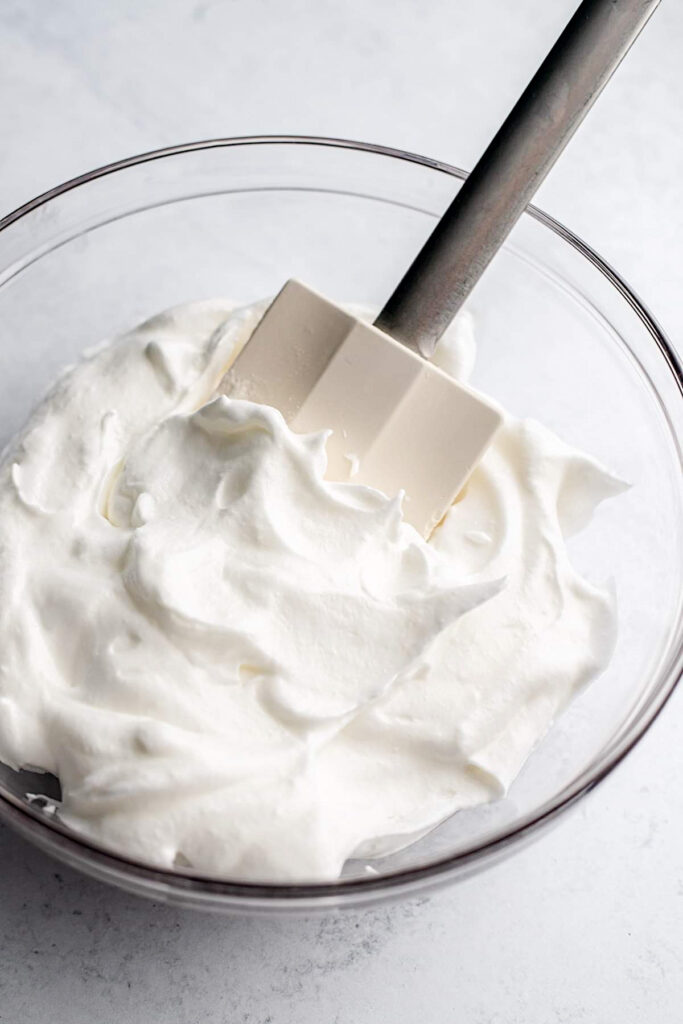




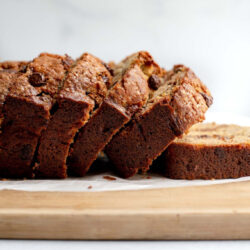


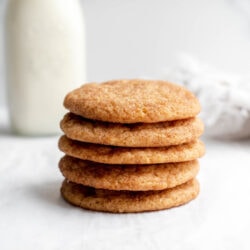


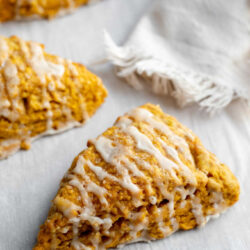
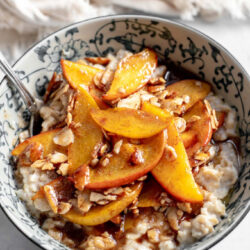

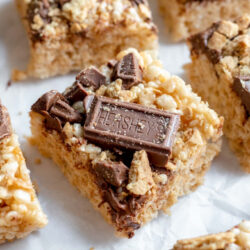
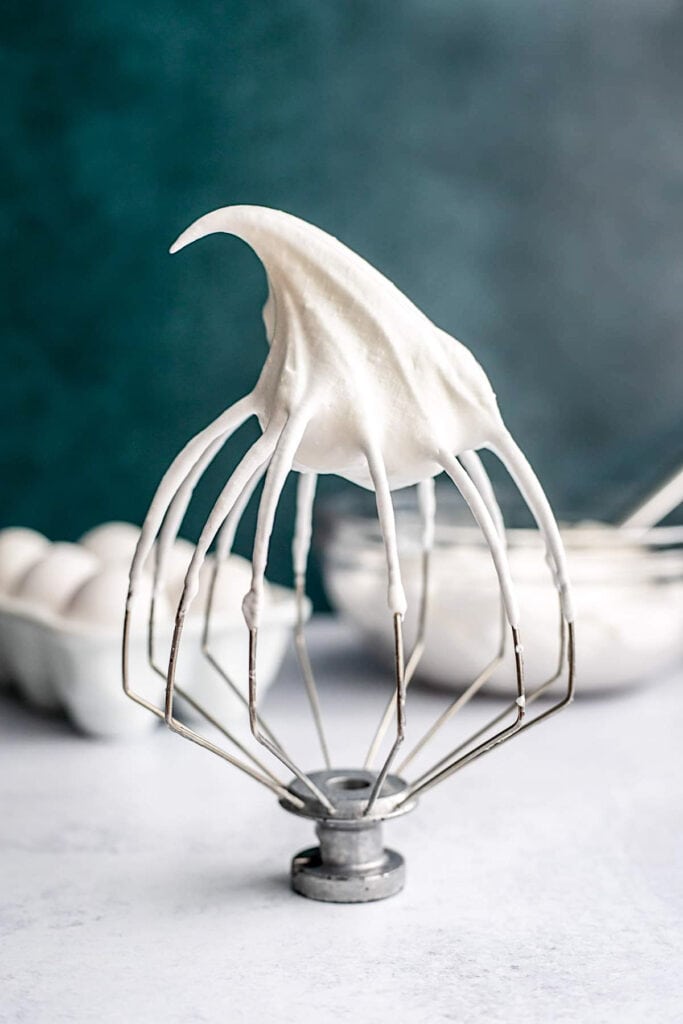
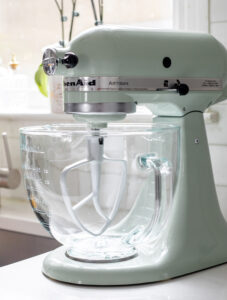
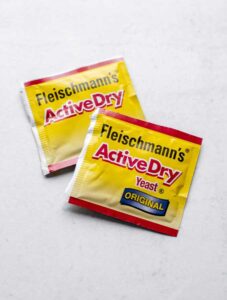
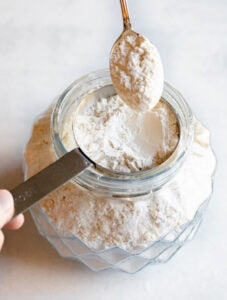
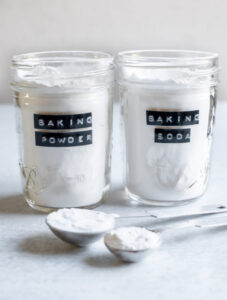


Would be nice to have the recipe for the Italian meringue! Or is it there and I just can’t find it!
Hi, Corinne! I don't have a recipe for Italian meringue on the site yet, but I'm planning to add one soon. Stay tuned! 😊